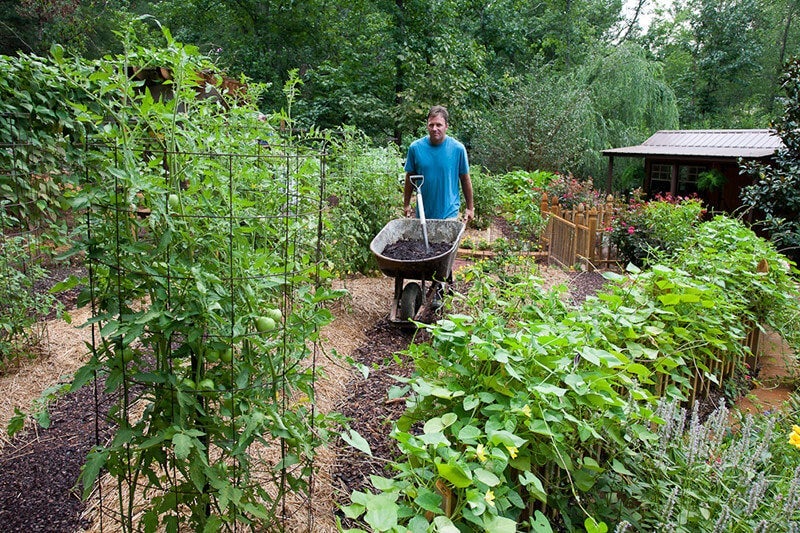Organic gardening is dynamic, with few hard and fast rules. But one "rule" in organic practice is to feed soil. Soil is the basis of everything you grow in your garden. If the soil isn't healthy, the plants won't be, either. In an organic system, feeding the soil is a primary way to help nourish plants, fight disease, and even keep pests at bay. Healthy soil has a crumbly consistency, retains water well, and is alive with microorganisms.
Feed and Protect Soil
Feeding the soil helps nourish plants and even helps plants resist pests and diseases. Healthy soil retains water well and is alive with microorganisms. To feed soil, make a habit of adding organic matter every season. One easy way to do that is to mix aged compost-enriched
Miracle-Gro® Performance Organics® All Purpose In-Ground Soil in with the top layer of existing soil. Other options for organic matter include compost, grass clippings from a non-treated lawn, chopped leaves, manure, cover crops, and straw.
In the quest for healthy soil, it's also important to protect soil structure from compaction. Compared to compacted soil, loose, fluffy soil makes it easier for plant roots to penetrate, plus it holds water and nutrients better. Wide row or raised planting beds coupled with permanent footpaths eliminate much soil compaction. In organic gardening, minimal tilling also protects soil structure.
Feed Plants
Healthy soil provides basic nutrients to plants but you may also boost nutrition with natural plant foods. To supplement this diet, gardeners who encourage a living soil rely on plant foods (fertilizers) that are low in salts and originate from natural sources, including:
- plant products, like kelp and kitchen compost
- animal manures and byproducts, such as blood meal, bone meal, or fish emulsion
- naturally occurring mineral deposits, such as rock phosphate or lime
Miracle Gro® Performance Organics® All Purpose Plant Nutrition Granules offers a sustainable choice for home gardeners, supplying plants with all the nutrition they need for vigorous growth. In addition, this organic fertilizer feeds the microbes in the soil so they can continue their crucial work of making the most nutrition possible available to your plants.



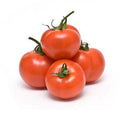

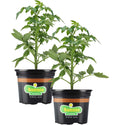
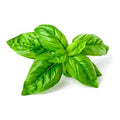 Herbs
Herbs
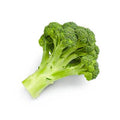 Vegetables
Vegetables
 Fruit
Fruit
 Flowers
Flowers
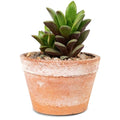 Succulents
Succulents
